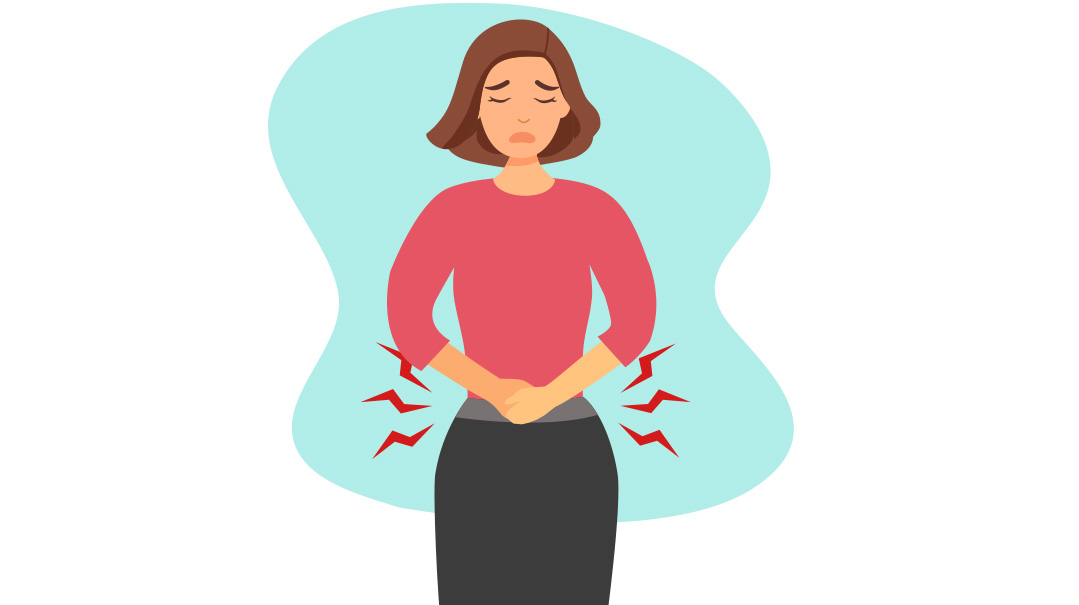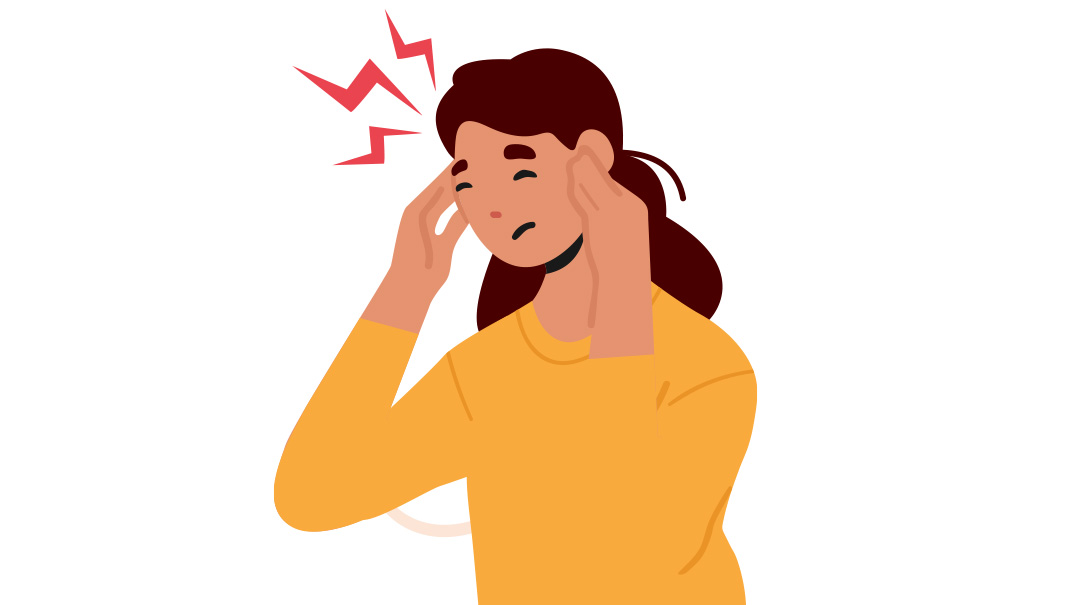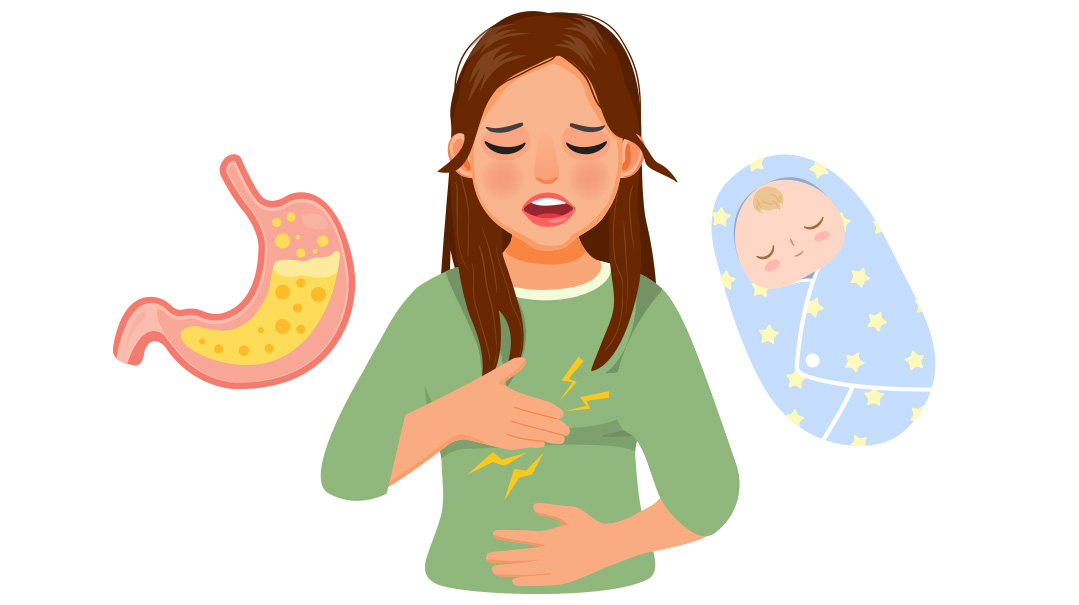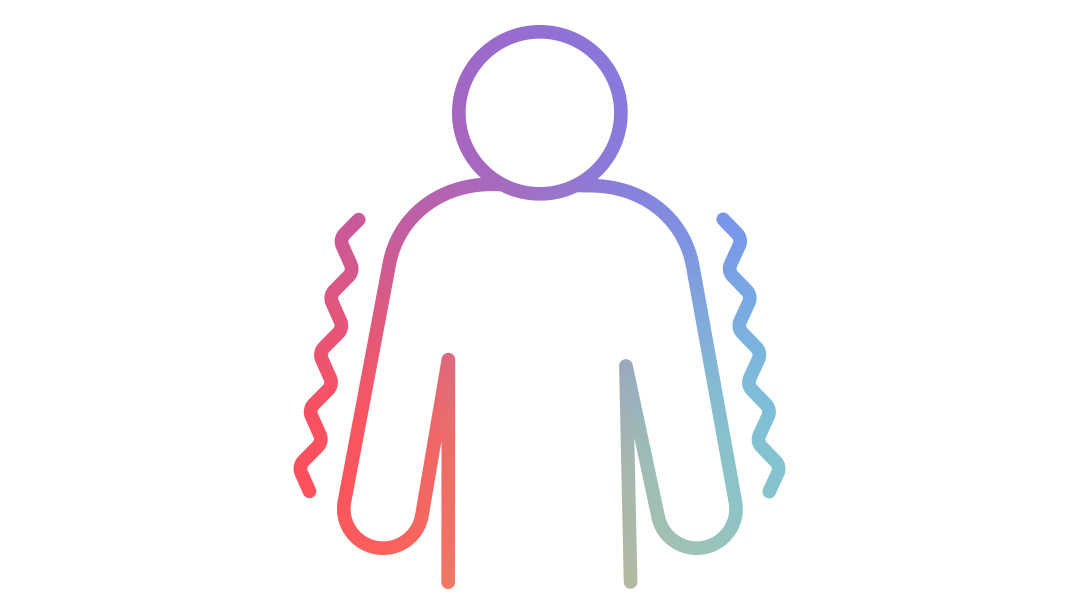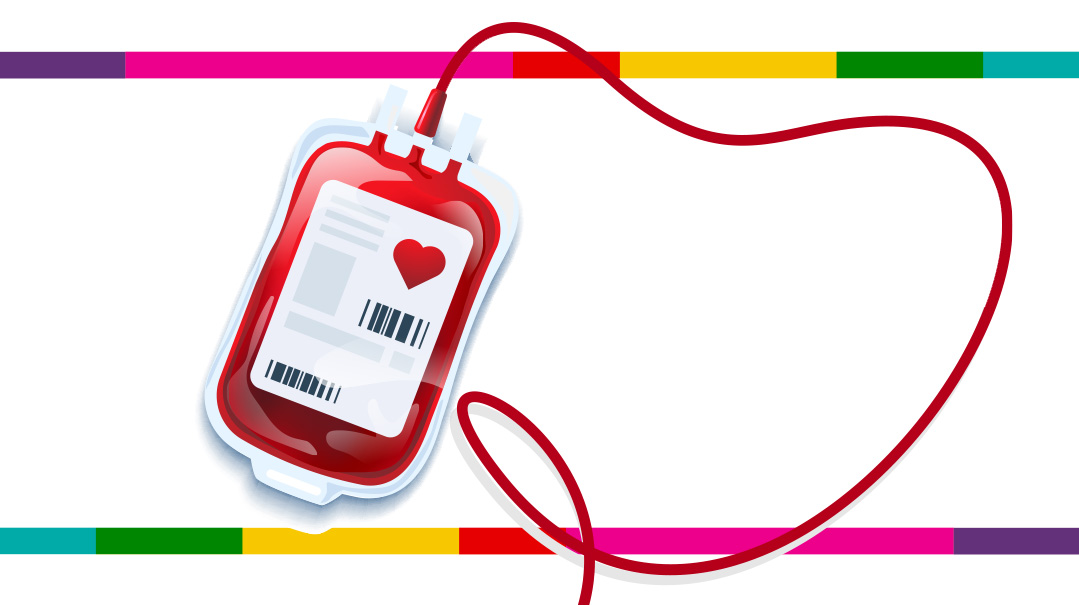Yawning
| January 20, 2021You might very well find yourself yawning as you read this article
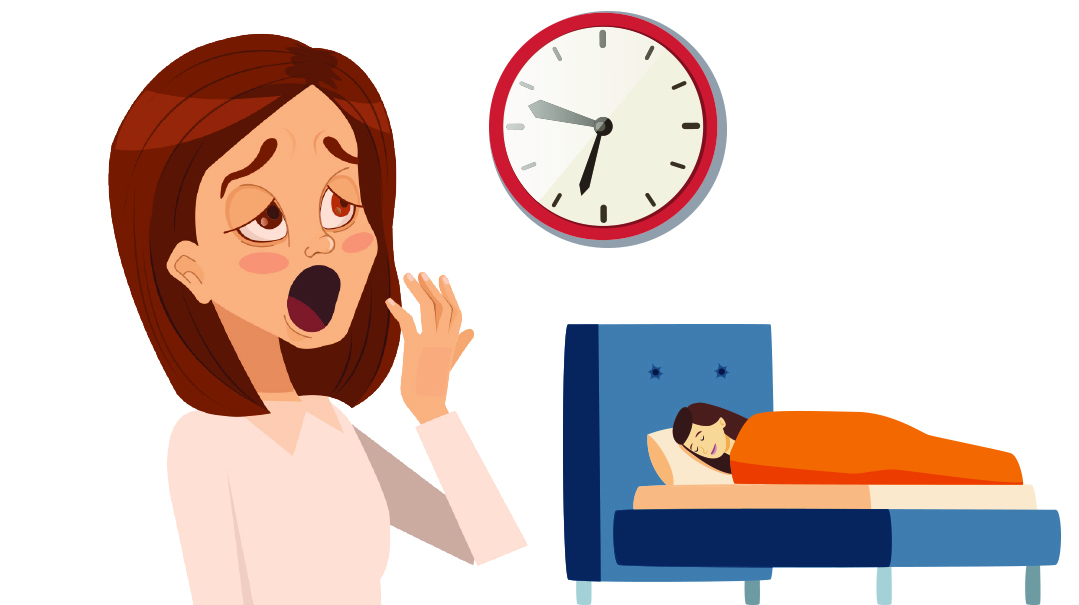
Yawn Sharing
It’s almost comical, isn’t it? As you’re probably aware, yawning is just one of those “catchy” things. If someone at the dinner table happens to yawn, it’s quite likely several other family members will follow suit. In fact, you might very well find yourself yawning as you read this article. Which begs the question... why do we yawn?
Too Tired?
Of course, there are lots of reasons people are tired during the day. Most obvious is the fact that many of us — teens especially — are not getting adequate sleep. The first thing to do, then, is make sure you’re getting your nine hours of rest a night. (Of course, sleeping enough has many more benefits than just yawning less — improving mood, brain function, overall health, metabolism, and skin health, are just some examples!)
If you’ve been getting a solid nine-hour night for a week or two and you still feel like you can’t keep your eyes open (and your mouth closed), take a look at some other causes of tiredness and excessive yawning. Sleep conditions such as sleep apnea and certain medications (like some allergy meds) can cause daytime drowsiness. Learning about proper sleep hygiene is important (that includes things like staying away from coffee and caffeine in the afternoon and evening, limiting screen time in the hours before bed, limiting naps, sleeping in a dark, cool environment, and other guidelines). It’s a good idea to speak to your doctor if getting enough sleep doesn’t seem to fix your yawning and tiredness.
Sleep tight!
Just Theories
There’s still a lot scientists don’t know. No one is 100 percent sure why people (and animals!) yawn. But they have some ideas.
The most popular theory is based on the fact that many yawns occur when people are bored or tired. This, they say, causes our breathing to slow down, which means we’re taking in less oxygen and exhaling less carbon dioxide. The theory is that yawning is a natural mechanism that helps ensure healthy oxygen and carbon dioxide levels in our bodies. But here’s the hole in that explanation: Studies have proven that breathing more oxygen does not make people yawn less. And breathing in more carbon dioxide does not make people yawn more. So… is there truth to this theory? No one really knows.
What we do know is that people yawn more when they are tired. If you seem to be yawning a whole lot more than usual, maybe something is causing your exhaustion.
DID YOU KNOW?
According to the National Sleep Foundation, almost 80% of teens don’t get the recommended amount of sleep on a regular basis, leaving them cranky — and yawning. They are quick to add that sleep deprivation causes poor school performance, depression, emotional stress, lowered immunity, and a significant increase in the chance of having an accident while driving.
DID YOU KNOW?
Between the ages of 14 and 17, teens need 8–10 hours of sleep a night to support their growing brains and bodies.
(Originally featured in Teen Pages, Issue 845)
Oops! We could not locate your form.

